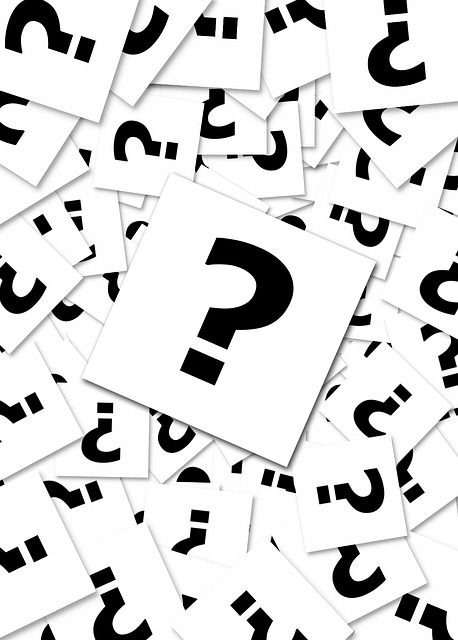What Are 5 Examples Of Facts?
Examples of Facts
What is fact and opinion questions?
Is it a fact or an opinion answers?
What is an opinion worksheet?
How do you determine if a statement is a fact?
Read short texts and determine if statements are facts or opinions. Classify statements from longer texts as facts or opinions. Read Uncle Ben’s letters. Are his statements facts or opinions? What is K5? K5 Learning offers free worksheets, flashcards and inexpensive workbooks for kids in kindergarten to grade 5.
What is the difference between facts and theories?
The same thing is true of scientific theories: theories are made from facts, theories never become facts. Facts are the small, detailed observations that we make about the world. For example, “when I let go of this apple, it falls to the ground” would be a fact.
Can a fact be a theory?
What is the difference between a fact and a hypothesis?
Fact: In science, an observation that has been repeatedly confirmed and for all practical purposes is accepted as “true”. Truth in science, however, is never final and what is accepted as a fact today may be modified or even discarded tomorrow. Hypothesis: A tentative statement about the natural world leading to deductions that can be tested.
What is the difference between theory and science?
The first statement implies that a theory should be interpreted as just a guess or a hunch, whereas in science, the term theory is used very differently. The second statement implies that theories become facts, in some sort of linear progression.
What is a fact in science?
In science, the fact is an observation that has been confirmed so many times. Hence, scientists for all intents and purposes accept a fact to be true. But everything in science comes with a certain level of uncertainty. So nothing is ever scientifically true beyond a shade of doubt.
Can a fact be a theory?
What is the difference between a hypothesis fact and theory?
What is the relationship between fact and theory?
What is the difference of fact and theory?
Are theories vague truths or unclear facts?
The idea that theories are vague truths or unclear facts is based on a common layman’s misuse of the term. People with limited education levels will often confuse the terms “theory” with “hypothesis” or “guess”.
What is the difference between a theory and a fact?
The first statement implies that a theory should be interpreted as just a guess or a hunch, whereas in science, the term theory is used very differently. The second statement implies that theories become facts, in some sort of linear progression. In science, theories never become facts.
How do theories become facts in science?
The second statement implies that theories become facts, in some sort of linear progression. In science, theories never become facts. Rather, theories explain facts. The third misconception is that scientific research provides proof in the sense of attaining the absolute truth.
What is the difference between theory and hypothesis?
"In science, a theory is a well-substantiated, unifying explanation for a set of verified, proven hypotheses.". But there’s no such thing as "proven hypotheses". Hypotheses can be tested/falsified, they can’t be "proven".
When does a theory come to be a fact?
Similarly, a theory, which is a logically connected set of hypotheses, could come to be a fact if the hypotheses in the theory were to be highly corroborated by the evidence. Even with this simple picture of the relationship between these terms, one can see a number of potential difficulties and raise a number of difficult questions.



